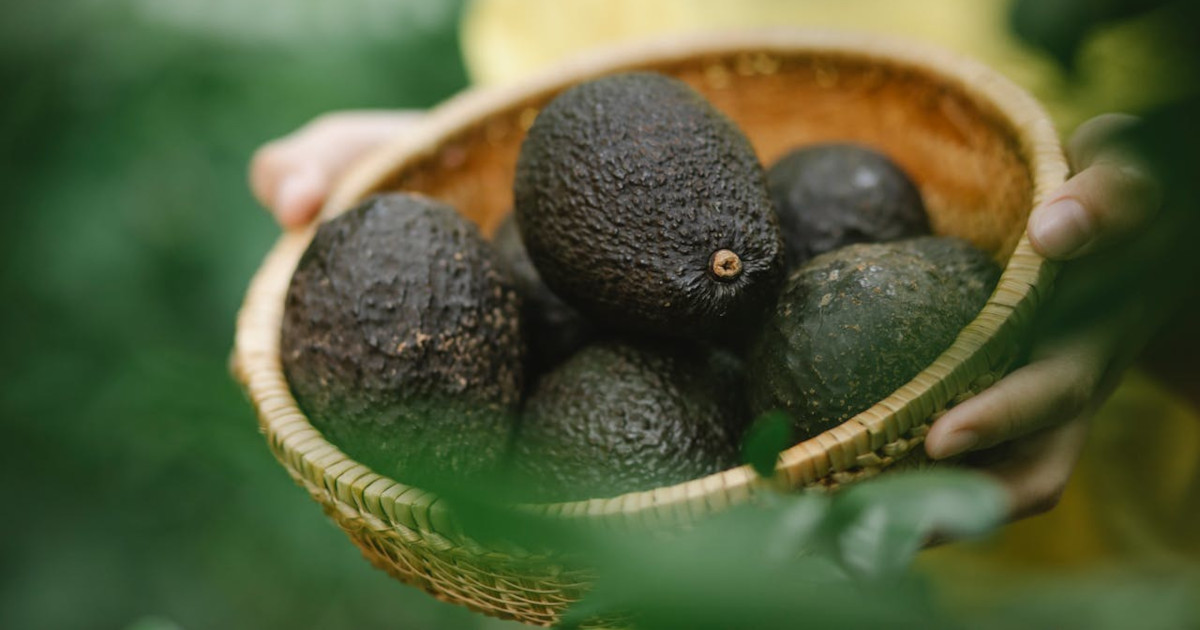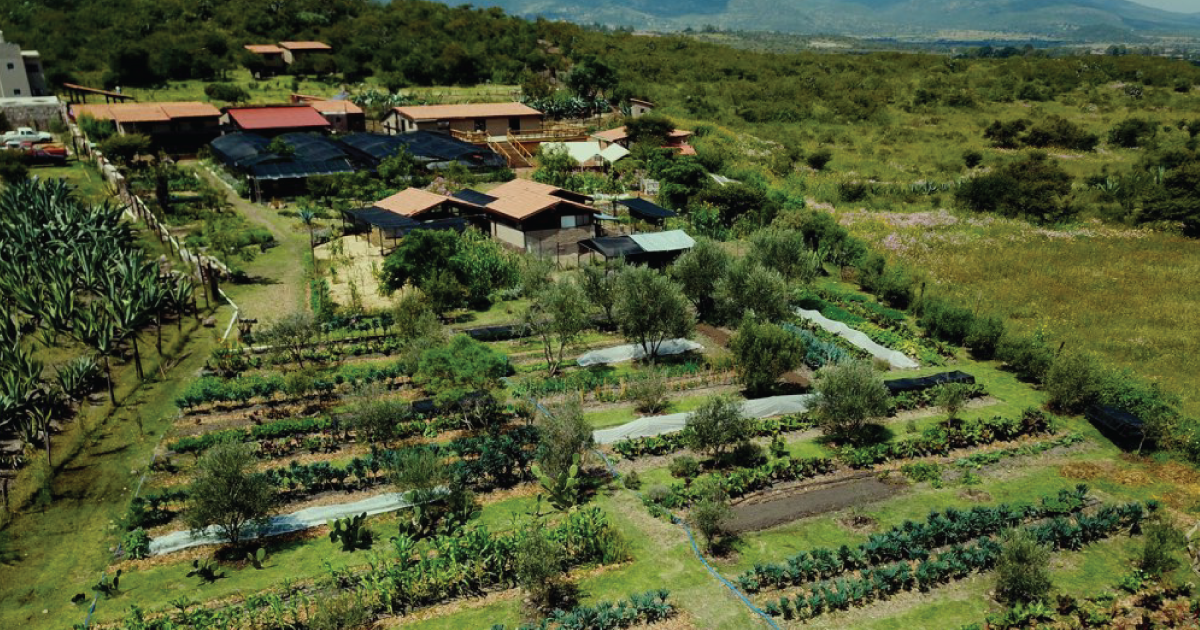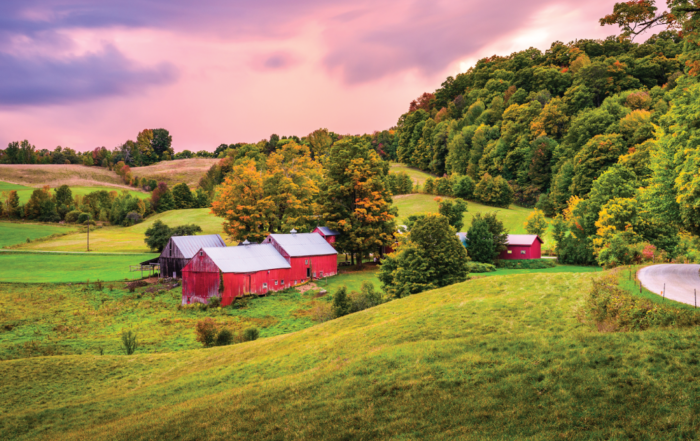Why You Should Only Buy Organic & Fair Trade Avocados
May 22, 2024 | by Alexis Baden-Mayer
Organic Consumers Association
Mexican avocados are fast becoming a “conflict commodity” like blood diamonds from Africa.
It all started with the North American “Free Trade” Agreement. (See “Which Came First, Avocado Toast or NAFTA?”).
In 1997, the United States lifted an 83-year ban on avocado imports from Mexico.
Back then, California farmers produced 90 percent of the 300 million pounds of avocados eaten by Americans every year. Florida growers supplied the rest.
Today, Americans eat 3 billion pounds of avocados every year, almost all imported from Michoacán, Mexico, where production is concentrated because the varied elevation creates unique micro-climates that allow for four different avocado harvests a year that can all be processed locally.
This “green gold” rush has caused the deforestation of 75,000 acres, including in Michoacán’s famed Monarch Butterfly Biosphere Reserve where endangered monarch butterflies nest for the winter by the millions—20 years ago they were a billion—in the oyamel fir trees. Mexico’s oyamel forests are its most endangered; only 2 percent of the original forest remains.
The monarchs’ oyamel firs, which can live for up to 300 years, are being illegally logged to make way for avocado plantations. As of 2018, nearly 2,400 acres of the Reserve had been felled for avocados. Since then, illegal logging has only increased. The World Heritage Committee of the United Nations has gone into crisis mode, demanding a report on the situation from Mexico, due in December 2024.
At a meeting in February 2024, Michoacan Governor Alfredo Ramirez told U.S. Ambassador Ken Salazar that his Forest Guardian initiative had identified 817 illegal avocado orchards.
Salazar responded that avocados grown on illegal orchards should not be exported to the United States, but, so far, the U.S. hasn’t taken action.
Meanwhile, the avocado plantations are spreading into Jalisco and the business has become so lucrative that it has attracted Mexico’s drug cartels. They shake down avocado farmers and packers for “protection” money, hijack trucks of avocados and have even taken over avocado businesses to run themselves.
We, the American consumers, are the supposed beneficiaries of all of this devastation and violence. It’s done in our name, so that we can enjoy our guacamole and avocado oil.
But, when we demand change, corporations serve up false solutions.
The world’s biggest guacamole brand is Wholly Guacamole. It’s owned by MegaMex Foods, founded in 2009 as a joint venture between two giants in the food industry, Hormel Foods in the United States and Herdez del Fuerte in Mexico. This joint-venture is in turn held by Grupo KUO.
Multinational companies like Grupo KUO have no allegiance to the 80 percent of avocado growers who are smallholders with less than 12 acres. Like the U.S. International Trade Administration points out, the “highly fragmented state of Mexican farming leaves significant room for consolidation.”
That’s one reason why, as the New York Times reported (“Americans Love Avocados. It’s Killing Mexico’s Forests.”), the Michoacán state prosecutor’s office for environmental crimes takes bribes from big avocado growers and doesn’t respond to complaints on avocado orchards bigger than 12 acres.
Avocado-driven deforestation isn’t just bad for butterflies, it’s driving indigenous and rural people from their land.
The avocado industry clears land with arson, creating the perfect conditions for floods and landslides. Climate Rights International found significant evidence linking avocado expansion to the forest fires that preceded a 2019 flash flood in San Gabriel, Jalisco—which killed five people.
Once they’ve established their avocado orchards, the plantation owners steal water from their neighbors to keep their thirsty crop alive. Robbed of their water, subsistence farmers growing corn and beans are forced to abandon their land. Those left behind don’t even have enough water to bathe and even have to buy water to drink.
“They are exporting our water in the form of fruit,” a community leader told Climate Rights International.
In April 2024, the Associated Press reported that drought conditions had gotten so bad that subsistence farmers and activists from the Michoacan town of Villa Madero organized teams to stop the avocado growers’ water theft by ripping out illegal water pumps.
Climate Rights International revealed that previously unpublished Mexican government records document that avocados grown on illegally deforested land were going to U.S. companies Calavo Growers, Fresh Del Monte Produce, Mission Produce, and West Pak Avocado to supply major supermarket chains, including Walmart, Whole Foods, Kroger, Albertsons, Costco, Target, and Trader Joe’s.
These businesses, and brands like Wholly Guacamole, could stop the crimes of the avocado cartels by refusing to buy from plantations benefiting from arson, illegal deforestation and water theft.
But, they’re budgeting for growth. They expect the avocado market to expand from $22.69 billion in 2024 to $35.55 billion by 2029 and that the growth will stay in Michoacan, with avocado plantations taking up more than twice the land area in the region by 2050.
To grow at that rate, the avocado cartels have to continue their criminal tactics, while pretending to take interest in the problems they’re causing.
To support its members in the avocado industry, the World Economic Forum funds a satellite alert system that uses artificial intelligence to identify and classify changes in forest coverage.
Other than that, the businesses that profit from the criminal tactics of the avocado cartel are doing nothing to stop what everyone knows is going on.
What can we do?
When buying avocados, choose California-grown organic avocados and Mexican-grown organic and fair trade avocados.
Fair trade distributor Equal Exchange is doing what U.S. and Mexican regulators and every avocado business should be doing. They’re refusing to sell avocados from recently deforested land. They have an anti-deforestation policy that excludes farms that have been in operation for less than five years.
What else can we do?
Tell the rest of the avocado industry to follow Equal Exchange’s lead and stop buying avocados grown on deforested land.
TAKE ACTION: Tell the avocado industry to stop deforestation!
Books:
Guacanomics
Fair Trade Organic Avocados:
Equal Exchange has an anti-deforestation policy that prevents the entrance of new members whose farms have been in operation for less than five years.
Videos/Films:
Narco Avocados: Violent Drug Cartels Are Taking Over Mexico’s Avocado Industry
The Guardians: Official Trailer
The Guardians Film: Host a Screening
Related Posts
Farm Like Our Health Depends On it
Regenerative Agriculture’s Dynamic Duo Dig into the Connections Between Soil and Public Health June 12, 2024 | Source: Johns Hopkins | by Tom Philpott The companies that prop up industrial-scale meat
Terra Viva: My Life in a Biodiversity of Movements
June 11, 2024 | Source: Chelsea Green | by Vandana Shiva A powerful memoir published to coincide with Vandana Shiva’s 70th birthday. Vandana Shiva has been described in many ways: the “Gandhi of
Government Raid Seizes $90,000 of Healthy Food Grown by Nourish Cooperative
June 11, 2024 | Source: Mercola | by Ashley Armstrong There is a lot of fearmongering circulating in mainstream media about the “Avian Influenza”. In parallel to the fearmongering, there has been




